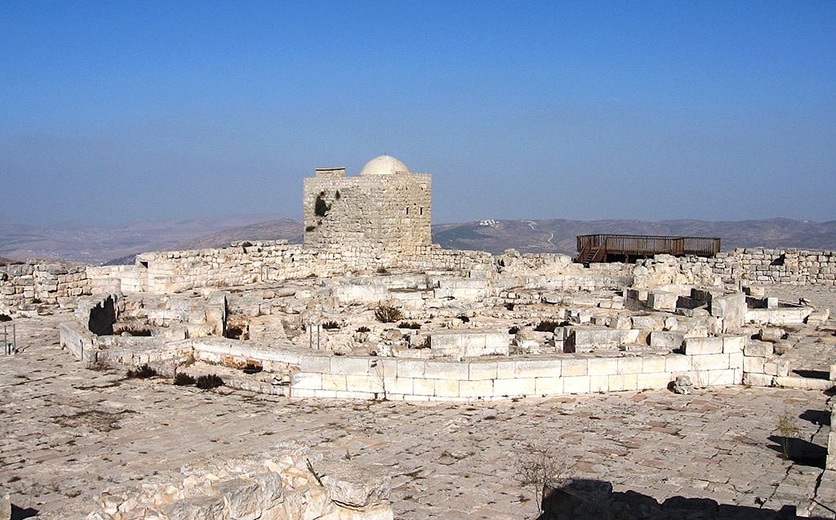Combustion giving off light, flame, and heat. Besides normal domestic uses (cooking, heating, lighting), it was used in the refining of metals, in various crafts, in the waging of war, and in sending messages. A perpetual fire burned in the Temple, and fire was used for both sacrifices and burning incense. Fire is also a common symbol of holiness and in some cases of protection (Zech 2:5). It represents divine action, such that God is presented as “a consuming fire” (Heb 12:29; Deut 4:24). God’s appearance for covenant with Abraham (Gen 15:17), the appearance in the burning bush (Exod 3:2), the leading of Israel with the pillar of fire by night (Exod 13:21-22), and the appearance in fire on Mt. Sinai (Exod 19:18) are central elements in Israel’s faith. Fire is God’s servant (Ps 104:4; Heb 1:7), and God’s word is like fire (Jer 23:29). In reference to God’s action, fire is most frequently a symbol of destruction associated with the wrath of God and his jealousy. As a metaphor of God’s holiness, however, it may also purge or purify. The Babylonian exile is described as purification by fire (Ps 66:12; Isa 43:2), and certainly the Day of the Lord will purify Israel (Zech 13:9; 1Cor 3:13-15).




